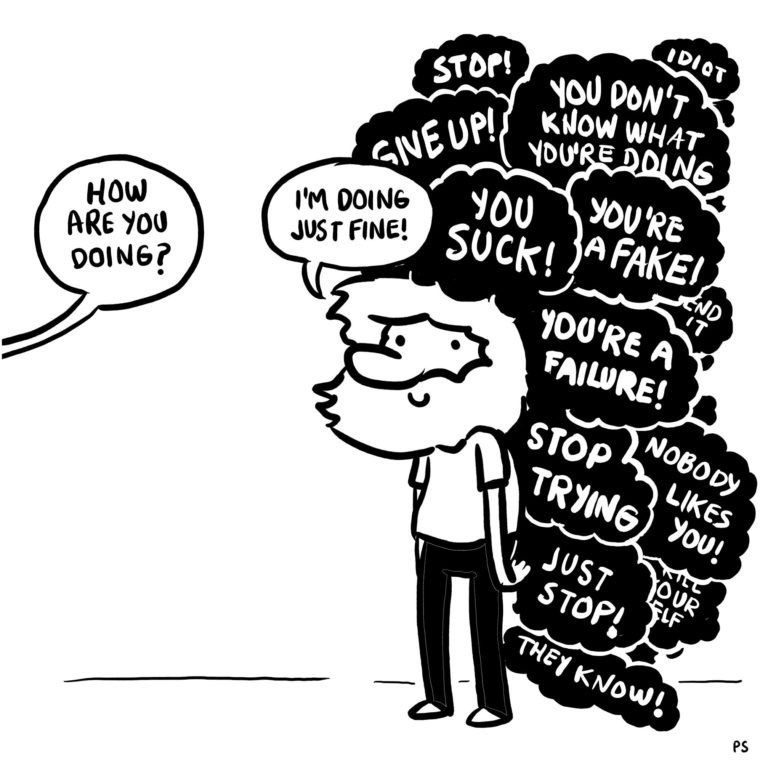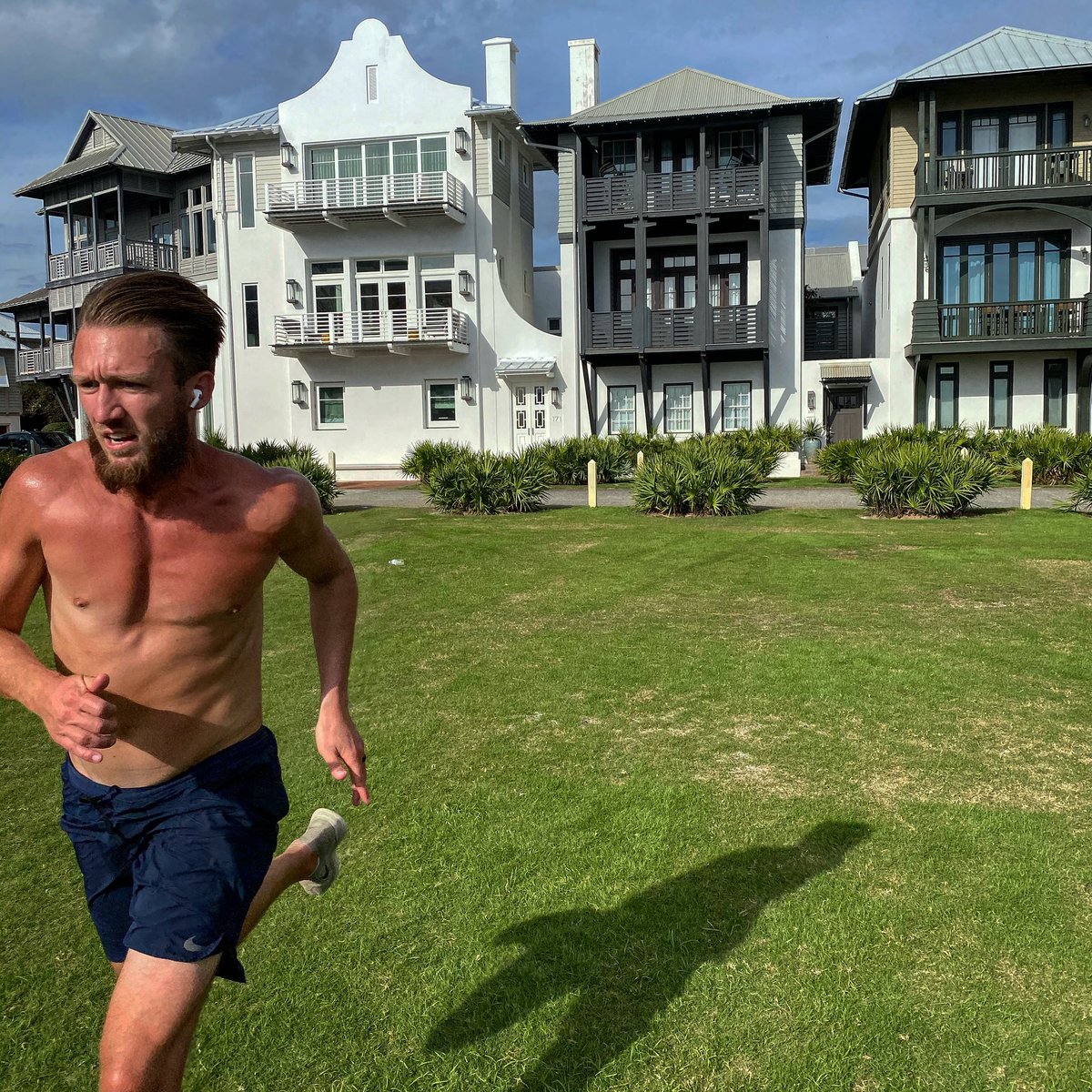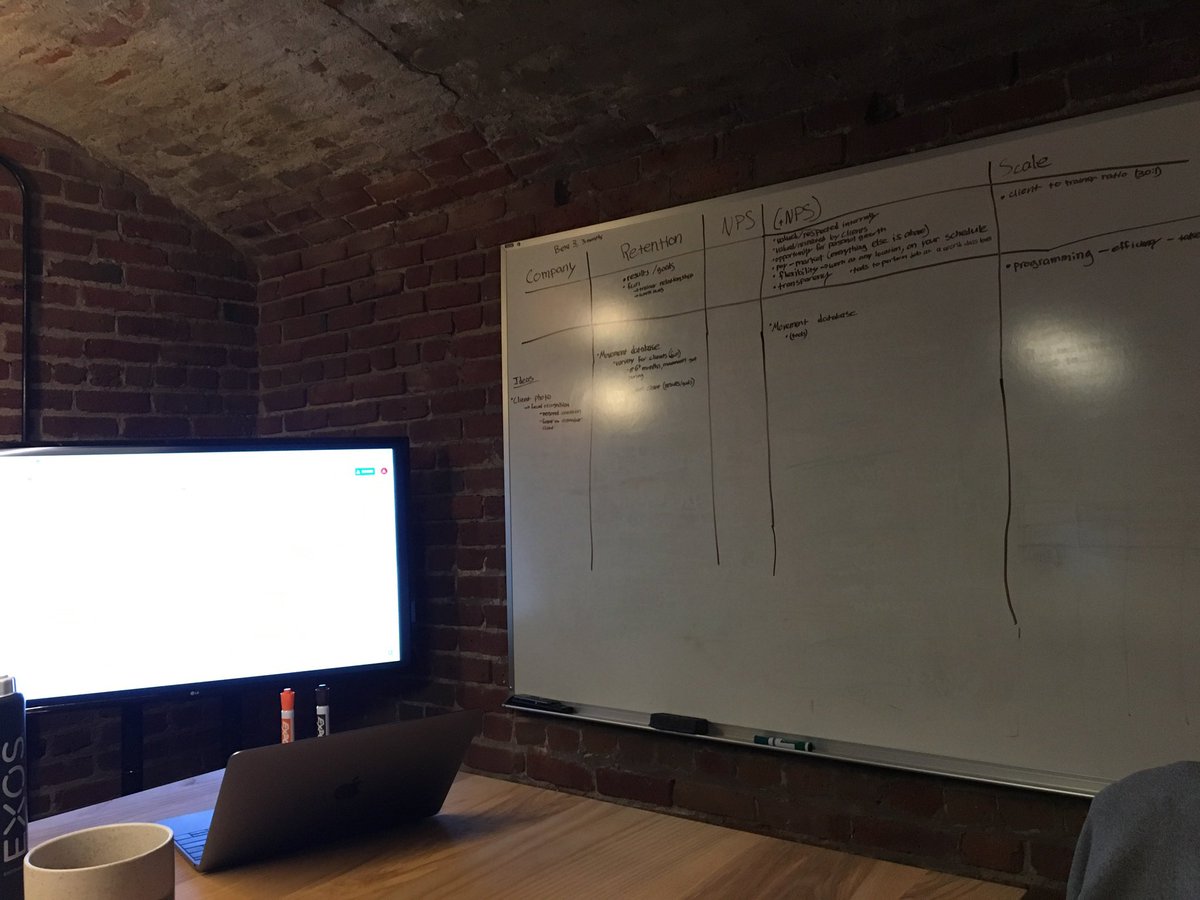
Go to bed at the same time. Turn off your electronics hours before bed. Shower. Meditate. Read. Relax...
Having a bedtime ritual is great in theory. In practice, life happens.
Here are 8 practical strategies I’ve used to help Olympians, Pro’s, and even Average Joe’s 👇🏽👇🏽👇🏽
Having a bedtime ritual is great in theory. In practice, life happens.
Here are 8 practical strategies I’ve used to help Olympians, Pro’s, and even Average Joe’s 👇🏽👇🏽👇🏽

1/ 6-7.5-9-10.5
8 hours is outdated. Think in terms of your body’s natural 90min sleep cycles. Wake up in the wrong part and you’ll be groggy much of the day.
Just miss the 9hr window?
You’re better off staying up for one more @netflix episode and settling for 7.5hrs instead.
8 hours is outdated. Think in terms of your body’s natural 90min sleep cycles. Wake up in the wrong part and you’ll be groggy much of the day.
Just miss the 9hr window?
You’re better off staying up for one more @netflix episode and settling for 7.5hrs instead.

2/ Beware of your body “re-norming”
It’s easy to rationalize that you can get by on 6hrs - and isolated, that’s true.
Do so for 2 weeks straight?
Your body compares against yesterday. So, while you may feel “normal”, you’ll function on par as you would after 2 days w/o sleep.
It’s easy to rationalize that you can get by on 6hrs - and isolated, that’s true.
Do so for 2 weeks straight?
Your body compares against yesterday. So, while you may feel “normal”, you’ll function on par as you would after 2 days w/o sleep.
3/ Time your naps appropriately - 30, 60, or 90min. After that, 3 hours.
60-90min naps contain slow-wave deep sleep & REM.
Take a “power nap” of this sort and you’ll get close to the same benefits in learning consolidation that you would from a full night’s sleep.
60-90min naps contain slow-wave deep sleep & REM.
Take a “power nap” of this sort and you’ll get close to the same benefits in learning consolidation that you would from a full night’s sleep.
4/ Bonus: Caffeine nap
Throw back an espresso shot and set your alarm for 30min.
Not only will you be refreshed with some stage-1 light sleep (and memory consolidation), the caffeine will kick in right as you’re waking up for an extra boost of energy.
Throw back an espresso shot and set your alarm for 30min.
Not only will you be refreshed with some stage-1 light sleep (and memory consolidation), the caffeine will kick in right as you’re waking up for an extra boost of energy.

5/ Preparing for a performance?
It’s better to stay up late, rather than to get up early and rehearse.
Motor learning happens during stage-2 sleep. The biggest block occurs just before you wake up.
Turns out there’s benefit to hitting the snooze button, after all!
It’s better to stay up late, rather than to get up early and rehearse.
Motor learning happens during stage-2 sleep. The biggest block occurs just before you wake up.
Turns out there’s benefit to hitting the snooze button, after all!
6/ Preparing for a test?
Don’t pull an all-nighter. Instead, go to bed at a normal time and get up early to review.
Retention happens during deep sleep which takes place the front half of a typical night’s sleep.
Night exam? A 60-90 min nap can improve your performance by 30%
Don’t pull an all-nighter. Instead, go to bed at a normal time and get up early to review.
Retention happens during deep sleep which takes place the front half of a typical night’s sleep.
Night exam? A 60-90 min nap can improve your performance by 30%
7/ Alcohol ≠ sleep quality
Alcohol disrupts your ability to achieve deep sleep. In the days following, you’ll also notice an elevated HR response for the same relative workloads.
Pro tip: for better sleep, have your last drink 2-3 hours before your head hits the pillow.
Alcohol disrupts your ability to achieve deep sleep. In the days following, you’ll also notice an elevated HR response for the same relative workloads.
Pro tip: for better sleep, have your last drink 2-3 hours before your head hits the pillow.
8/ Supplements (melatonin, zinc, magnesium)
You may sleep better, if for no other reason than you *believe* they work. The placebo effect is a wonderful thing!
An endogenous response can even occur just by forming an association between putting on your pj’s and bedtime.
You may sleep better, if for no other reason than you *believe* they work. The placebo effect is a wonderful thing!
An endogenous response can even occur just by forming an association between putting on your pj’s and bedtime.
https://twitter.com/jbonhotal/status/1353732557779709955
9/ Want to take your sleep to the next level?
Give @m_franceschetti a follow, his team is revolutionizing the sleep game @eightsleep
@ouraring & @whoop are driving awareness, while @BioloopSleep & future.co can help you make sense of it all.
Give @m_franceschetti a follow, his team is revolutionizing the sleep game @eightsleep
@ouraring & @whoop are driving awareness, while @BioloopSleep & future.co can help you make sense of it all.
10/ If you’re interested to learn more about the role of sleep on learning, memory, and overall cognitive function - ‘How We Learn’ by Benedict Carey is a tremendous resource. amazon.com/dp/0812984293/…
11/ If you learned something, follow me for more inspirational tweets and threads to unlock that next level of performance in yourself and others.
Enter the rabbit hole here 👇🏽
Enter the rabbit hole here 👇🏽
https://twitter.com/jbonhotal/status/1351178613937364995
• • •
Missing some Tweet in this thread? You can try to
force a refresh







